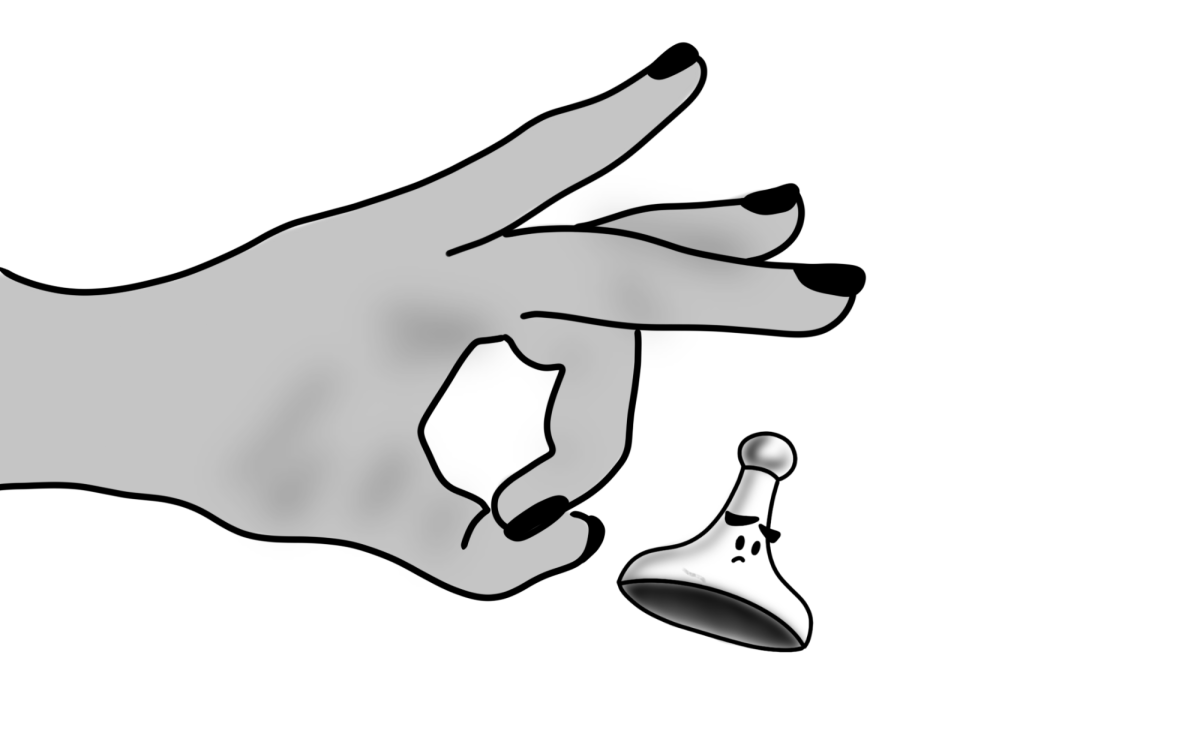 It’s lunchtime. As students shuffle through the CEA collecting pizza, apples and Uncrustables in their respective plastic bags, it’s impossible to ignore the line forming at the trash can to throw away this unnecessary waste. CEA meals, vending machines and other school materials have created far too much waste for Redwood’s ineffective trash system to handle. Redwood’s current system of trash disposal is unacceptable and needs to be reinvented in order to reduce the school’s environmental impact.
It’s lunchtime. As students shuffle through the CEA collecting pizza, apples and Uncrustables in their respective plastic bags, it’s impossible to ignore the line forming at the trash can to throw away this unnecessary waste. CEA meals, vending machines and other school materials have created far too much waste for Redwood’s ineffective trash system to handle. Redwood’s current system of trash disposal is unacceptable and needs to be reinvented in order to reduce the school’s environmental impact.
School recycling is a state requirement. According to CalRecycle, the waste management organization for California, there have been laws in place since 2012 that require public entities to supply recycling or composting options once they meet a certain waste threshold. In July of 2020, another law was passed in California that recycling containers in schools must be adjacent to the trash can, visible and clearly labeled. California Education Code also requires schools to create recycling programs and provide training and assistance to ensure that students understand how to recycle.
Despite these requirements being state-wide, Redwood is not doing enough to ensure that recycling is being done properly. When looking around the school for recycling options, the most used trash cans on campus in the hallways and along the walking paths do not have recycling bins nearby, which often results in students just throwing all trash, recycling and compost in the same bin. The only available recycling bins are located in some classrooms and even then, the trash is not properly sorted by students, which eliminates the benefit of recycling in the first place.
However, even if recycling cans were installed throughout all of Redwood, they would not make a substantial impact without effective education on how to recycle. Clubs such as Recycle for Africa and the Recycling Club do exist on campus to educate their peers. However, even though they are working towards making a difference, they will make a minimal impact without school-wide education. Redwood has seminars dedicated to anti-racism and suicide prevention to better inform the school, yet there is no formal education on how to keep the campus clean.
A lot of Redwood students agree that waste management at school is unacceptable. Out of 147 students, 50 percent said that they thought Redwood could be doing more when it comes to recycling and reducing waste on campus, and only 27 percent thought the school is doing enough. If students on campus can identify the lack of effort in keeping our campus clean, there needs to be some action on an administrative level, along with personal accountability.
Even if Redwood could learn how to properly recycle and sort waste, it still wouldn’t make up for the fact that the school is too wasteful in the first place. Especially due to COVID-19, the CEA has shifted to individually packaged foods wrapped in single-use plastics. According to Lisa Herberg, the Tam District Student Nutrition Director, this form of packaging decreases the risk of food contamination, keeping students safe. California is still in a state of emergency and until the cafeteria goes back to a lunch line with cash registers, they will continue to serve the food in plastic. If those in charge of the CEA were to find alternative packaging, it would make the lunch system much less wasteful.
Although it might help, recycling is not the solution to this problem. According to National Geographic, only 9 percent of recycling actually gets recycled once taken to a recycling plant. This means that putting time, effort and money into a solid recycling system at Redwood is pointless considering that it might not even make a difference. Furthermore, students are welcome to educate themselves on how to properly recycle their waste and seek out the recycling bins themselves. There are ways students can take personal responsibility in order to fix this problem, but the only way that our school will be able to combat this issue is to reduce. Despite the fact that only a small percentage of our recycling can actually be recycled, anything is better than ignoring the issue entirely.
Redwood has around two thousand students on this campus daily, and it is frustrating to think that all of the trash produced by that many people is being thrown away in the trash can, even when it’s recyclable. Redwood should use the first smart period of every month to reintroduce new reminders to recycle. We have Redwood TV and leadership representation in every class, which is an even better reason to prioritize this issue. With better education and systems for reducing consumption, we could clean up the campus and minimize our negative environmental footprint.







